The Importance of Goodbye
A high school teacher explores how the dynamics of a classroom can change when a student leaves and what the effects can be on that student, the other students, and the teacher.
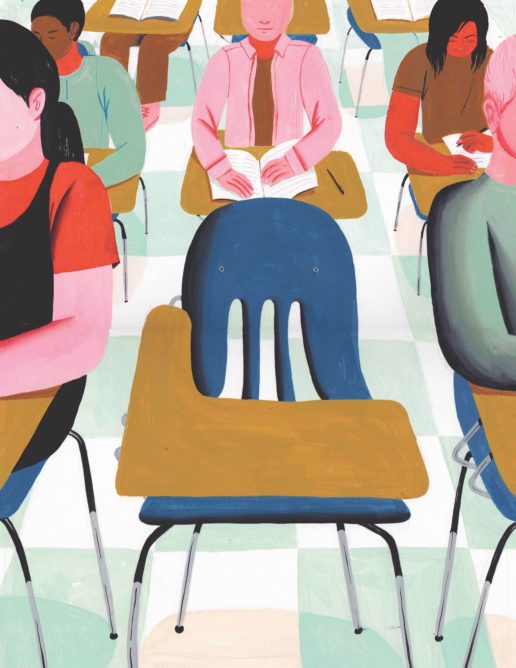
A high school teacher explores how the dynamics of a classroom can change when a student leaves and what the effects can be on that student, the other students, and the teacher.
Right away I recognized her. Ruby Bridges. The courageous girl who defied white racists and became the first to integrate an all-white elementary school. My 7-year-old son pulled a handout out of his backpack with her face on it. He is in a bilingual, two-way immersion program at our local elementary school. As is our custom on Friday, we emptied his backpack and sorted the contents. We determined what needed to be recycled, what would be hung on our whiteboard, and what needed to be stored in my Things-to-take-care-of box by the fridge. I smiled, because as a former history teacher and lover of Black history, I was happy to see my son learning about this important historical moment. And then, I took a closer look and saw that it was in Spanish. I was elated as it dawned on me that my son truly is emergent bilingual. “Caleb, what’s this about? Did you read this in school?”
On a chilly day in the late fall of 2015, in the pews of the Old First Reformed United Church of Christ in the Old City Neighborhood of Philadelphia near the Delaware River, we sat, excited with anticipation, among nearly 200 participants at the second annual Philadelphia Caucus of Working Educators (WE) daylong convention. The nine members of our slate who would challenge existing union leadership in the upcoming election had just been announced and Ismael Jimenez, the nominee for vice president of high schools, took the mic:
We need to start shifting this paradigm. This paradigm that has us disengaged. Powerless. Beholden to interests that aren’t ours. They are treating us like objects. Things just happen to us. No longer can we sit in complacency. The victory that I’m talking about isn’t just a PFT [Philadelphia Federation of Teachers] election. This is a means to an end. And the end is justice.
“We have something to tell you but we’re worried about getting you too involved. We don’t want to get you in trouble,” Baylee and Zaida whispered excitedly as they wiggled through the crack in my classroom door on my prep. I was confused to see them in such high spirits because earlier in the day they had been crushed by news from our administration. For more than two months they had been part of our Restorative Justice club that had been planning two half-day workshops around women empowerment for female-identifying students and toxic masculinity for male-identifying students. The club of 11 demographically diverse students had been urging adults in our building to do something about sexual harassment since October, when they made sexual assault and harassment their Restorative Justice club theme of the month and visited 9th grade classes to lead circles on the topic. This opened up a door for 9th graders to continue to reach out to upperclassmen about the harassment they were facing.
A first-year teacher struggles with what it means to be a social justice educator.
Trump supporter Carl Paladino’s racism, misogyny, and transphobia galvanized community members to oust him from the Buffalo School Board. Their struggle also laid the groundwork for new coalitions and progressive change.
A special education teacher uses poetry to help her middle school students write their own narratives and celebrate themselves.
The wave of struggles sweeping through the United States are more than “red state” revolts. They are rebellions against the austerity and privatization that has been driving federal and state economic policy for decades. The dynamics and political landscape are different in each state. However, almost all of the states where statewide actions have occurred are right-to-work states, which have seen the steepest cuts in school funding and sharpest erosion of teacher pay and benefits. These states are less likely to have collective bargaining rights and local district contracts. This puts more focus on state budgets and state decisions about healthcare and pensions, and encourages statewide action focused on the legislature. Consequently, many of the walkouts have been more akin to mass political protests seeking broad changes in public policy. But other common factors underlying these grassroots protests are likely to keep rebellion spreading to “purple” states like Colorado (where there was a walkout in April) and North Carolina (May) and beyond. Almost everywhere in “red states” and “blue states” alike, budget and tax policy has been used to erode social services, shrink public space, undermine union power, and transfer wealth upward, all the while making the lives of working people harder.

A teacher in a predominantly white school and classroom describes how she chose to protect and educate one of her Black students, rather than use him to educate her white students.
A teacher wrestles with her frustrations with having to administer a standardized test that she wouldn’t even allow her own daughter to take. “Fourteen days I enforced SBAC testing to be the priority of our classroom learning — or rather, our classroom “unlearning.” Fourteen days SBAC took away.”
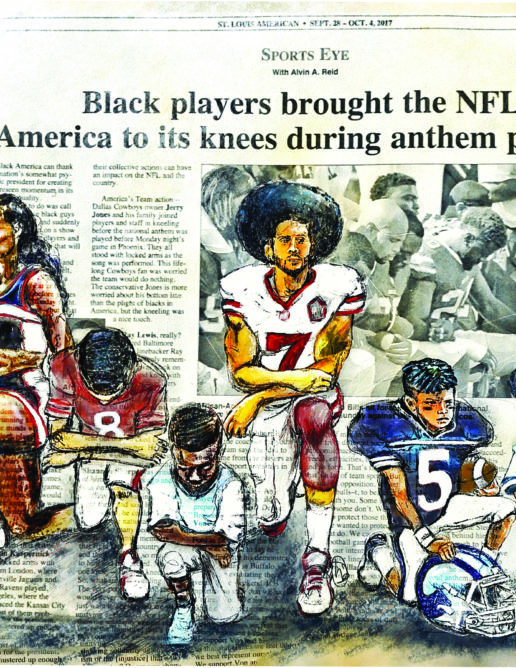
In the initial weeks of the 2016 football season, as Kaepernick’s fledgling protest began to take shape, critics bombarded him with insults and it was unclear what the response around the country would be. And that’s when Garfield, and high schools and students around the nation, stepped up to the challenge.

A middle school English teacher calls for an end to separating students into groups of “gifted” and “not gifted” and argues that labeling students damages them — and us. “We are going down too many roads that push too many of our children aside, reinforcing the worst of our society’s racist and classist limitations. Let us push back hard.”
I was just about to finish my second year teaching 2nd grade. It was the first week of June and school was quickly coming to a close. The sun was out and everyone’s energy was extraordinarily high. We were in Seattle after all; when the sun comes around, you rejoice. One morning that week I came to work and noticed I had an email from a parent. This was a parent I had a good relationship with, and she often checked in to see how her daughter was doing. But this email was different. The mother explained that her daughter had been cornered at recess the previous day by some boys who were also 2nd graders. The boys grabbed, groped, and humped her. They told her they were going to have sex with her. Her daughter told them to stop and to leave her alone, but they persisted. As this sweet one told her story of shame, confusion, and hurt to her family later that day, she became so upset that she threw up in the car. Her mother knew this wasn’t a miscommunication or misunderstanding.
To all of my students: I believe you.
Every Monday morning Lilly would walk into our 1st-grade classroom with downcast eyes and a heavy heart. She would wait for everyone to settle in and then quietly beckon me over to her seat and say, “My head hurts.”
It became a routine. I would stroke her head and say, “I know you miss your dad. Let’s try participating in school and see if it helps you feel better.” This seems like a reasonable response from a seasoned veteran teacher in her 31st year of teaching. My message to Lilly was I understand children, I understand your life, and I know what is best for you.
A middle school teacher describes the trauma experienced by his students over the year and struggles to create meaningful hope rather than slogans.
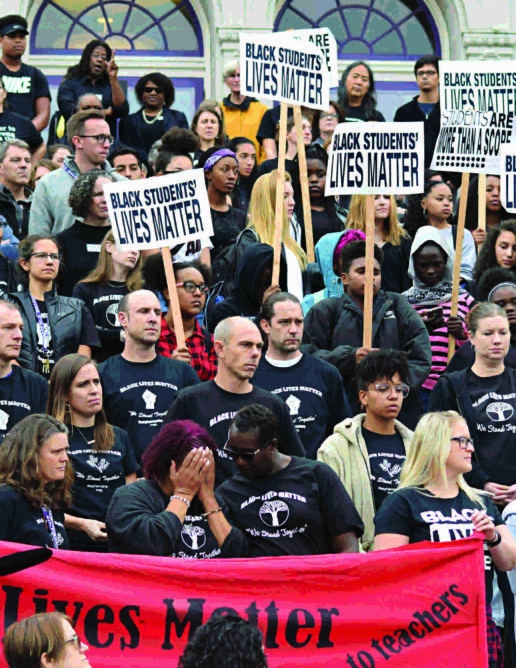
Teachers at one Seattle school show the important role educators have to play in the movement for Black lives, in part by creating a Black Lives Matter at School day, having 3,000 teachers wear Black Lives Matter T-shirts, and responding together to issues like the death of Charleena Lyles.
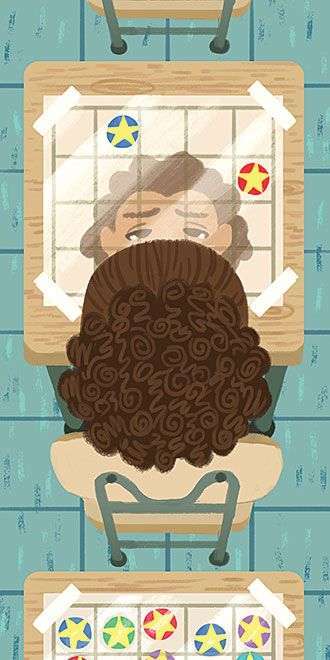
A paraprofessional exposes the harm of substituting compliance for content at a school for special needs students.
Returning to her home country of Okinawa at 13, Moé Yonamine was hit by a teacher for speaking her Indigenous language. She reflects on the history of colonial oppression in Okinawa and the importance of keeping culture and language alive.
A science teacher in Washington, D.C., overcomes her students’ fear of nature by turning them into avid birdwatchers.
A high school social studies teacher centers Standing Rock Sioux history and leadership in a unit on resistance to DAPL.
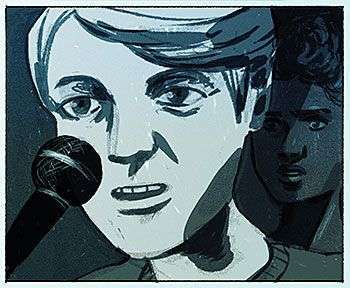
A high school teacher realizes that, despite her school’s diverse student body, the students on the stage at assemblies are virtually all white and male. She sets out to understand why and to change the pattern.
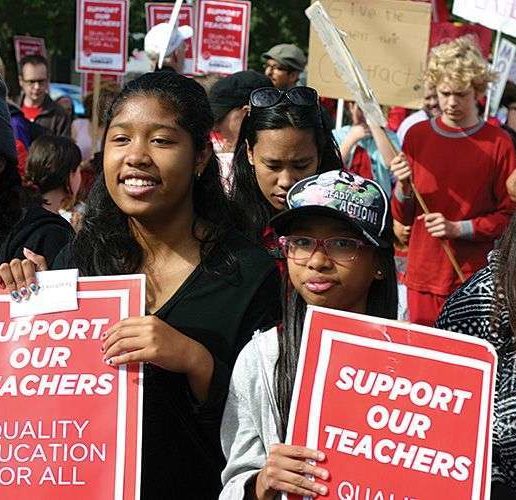
On Sept. 20, 2015, thousands of Seattle Education Association (SEA) members voted to approve a new contract with the Seattle Public Schools. The vote officially ended the strike, which delayed […]
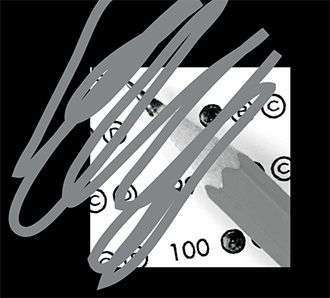
Two elementary school teachers in Albuquerque resist the proliferation of harmful standardized tests. They see it as a professional responsibility.
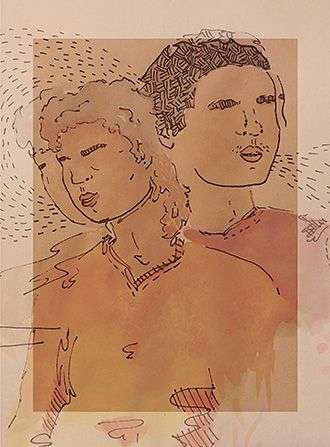
An administrator describes the journey of her K-8 school as it welcomes a transgender 8th grader and the gender transition of another student.
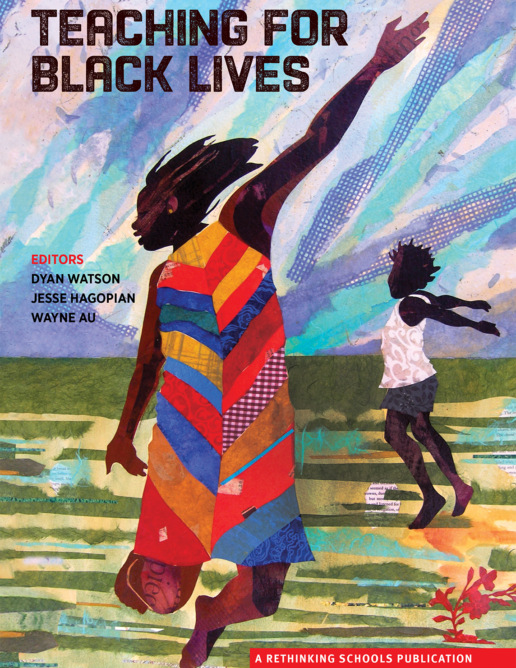
Teaching for Black Lives grows directly out of the movement for Black lives. We recognize that anti-Black racism constructs Black people, and Blackness generally, as not counting as human life. […]